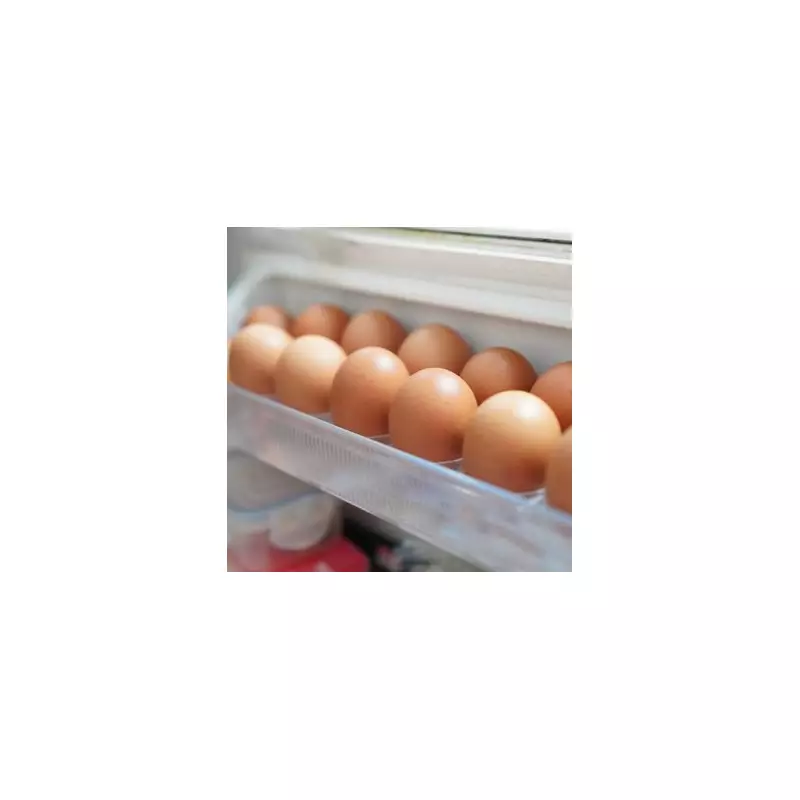
Are you accidentally ruining your groceries with improper storage? Many common kitchen habits could be shortening the shelf life of your favourite foods and draining your wallet through unnecessary waste.
The Great Egg Debate: Fridge vs. Counter
One of the most contentious kitchen debates revolves around egg storage. Contrary to what your fridge's egg tray might suggest, eggs don't necessarily belong in the cold. In the UK, eggs aren't routinely washed like their American counterparts, meaning their natural protective coating remains intact.
The verdict? If you purchase eggs from a supermarket refrigerator, keep them chilled. However, if they come from room temperature shelves or local farms, storing them in a cool, dark cupboard is perfectly safe and can prevent temperature fluctuations that cause condensation and potential bacterial growth.
Bread Storage Mistakes Costing You Freshness
That bread bin might be your worst enemy when it comes to keeping bread fresh. The ideal environment for bread is actually a bread bag at room temperature for short-term storage.
Freezing pro tip: Slice your loaf before freezing to easily remove individual slices as needed. This prevents the dreaded solid frozen bread brick and reduces waste significantly.
Potato Preservation Perfection
Stop refrigerating your potatoes! The cold converts their starches to sugars more quickly, affecting both flavour and texture. Instead, store them in a breathable bag or paper sack in a cool, dark place away from onions, which release gases that accelerate spoilage.
8 More Common Food Storage Faux Pas
1. Tomatoes Lose Their Flavour in the Fridge
Cold temperatures destroy the delicate flavour compounds in tomatoes. Keep them on the counter until perfectly ripe, then use within a few days.
2. Bananas Need Breathing Room
Separate bananas at the stem to slow ripening. If they become too ripe, peel and freeze for perfect smoothie ingredients.
3. Onions Prefer Darkness
Store onions in a cool, dark place in breathable containers – never in plastic bags that trap moisture.
4. Keep Apples Isolated
Apples emit ethylene gas that speeds up the ripening of other produce. Store them separately to protect your other fruits and vegetables.
5. Mushrooms Hate Moisture
Keep mushrooms in their original paper packaging or a paper bag in the fridge – never in plastic, which causes sliminess.
6. Garlic Craves Airflow
Store garlic in a well-ventilated container at room temperature. The fridge makes it mouldy and changes its texture.
7. Citrus Fruits Belong on the Counter
Oranges, lemons and limes maintain better flavour at room temperature unless you need them to last longer than a week.
8. Fresh Herbs Need Special Treatment
Treat soft herbs like coriander and parsley like flowers – trim stems and place in water. Woody herbs like rosemary prefer airtight containers.
The Golden Rules of Food Storage
- Know your ethylene producers: Apples, bananas and tomatoes speed up ripening in other produce
- Understand humidity needs: Some vegetables need moisture, others rot with it
- Respect the cold: Not everything benefits from refrigeration
- Embrace your freezer: Proper freezing can dramatically reduce food waste
By mastering these simple storage techniques, you can extend the life of your groceries, reduce food waste and enjoy better-tasting meals. Your wallet – and your taste buds – will thank you.





